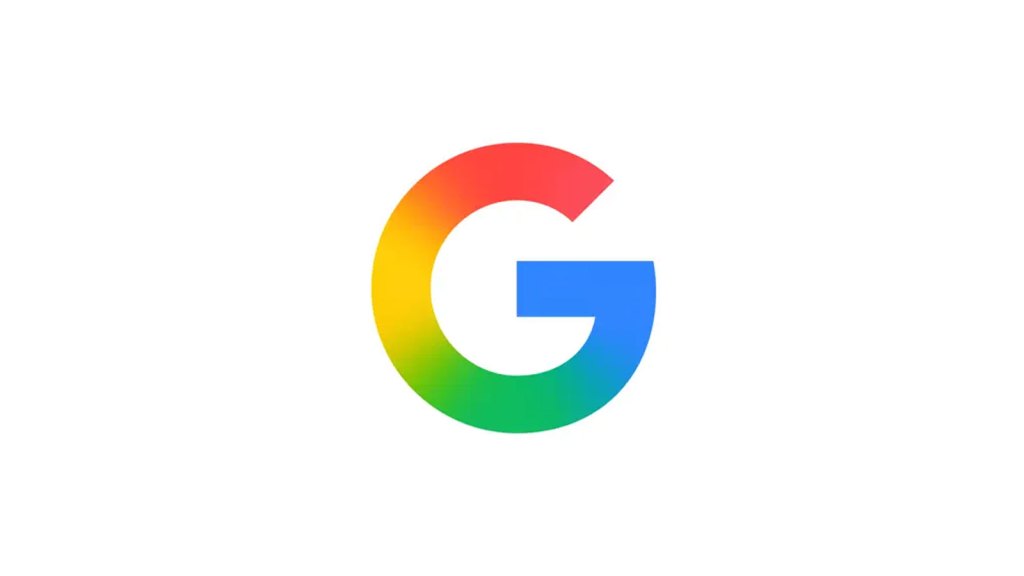A federal judge has restricted Google from entering into exclusive contracts for the distribution of search and other apps, but he rejected more severe punishments for the tech giant, including a divestiture of its Chrome browser.
U.S. District Judge Amit Mehta ruled last year that Google violated antitrust law in its dominance over search, and his latest opinion had to do with what remedies the company would have to take in response.
The Justice Department sought a long list that included the sale of Chrome, but Mehta wrote that the government “overreached” in seeking such a divestiture, as well as a contingent offloading of its Android operating system.
Google also will not be prohibited from making payments to distribution partners for preloading or placement of search, Chrome or generative AI products. The judge wrote that such a restriction would “almost certainly will impose substantial—in some cases, crippling—downstream harms to distribution partners, related markets, and consumers, which counsels against a broad payment ban.”
The judge’s restrictions centered on the exclusivity arrangements that prevented potential rivals from gaining access to devices. The judge wrote that Google will not be able to enter into contracts that “conditions the licensing of the Play Store or any other Google application on the distribution, preloading, or placement of Google Search, Chrome, Google Assistant, or the Gemini app anywhere on a device; (2) conditions the receipt of revenue share payments for the placement of one Google application (e.g., Search, Chrome, Google Assistant, or the Gemini app) on the placement of another such application; (3) conditions the receipt of revenue share payments on maintaining Google Search, Chrome, Google Assistant, or the Gemini app on any device, browser, or search access point for more than one year; or (4) prohibits any partner from simultaneously distributing any other GSE, browser, or GenAI product.
The restrictions will be in place for a period of six years, the judge wrote.
In his ruling last year, Mehta concluded that Google violated section 2 of the Sherman Antitrust Act. The judge said that Google’s distribution agreements — in which it was placed as the default search engine on browsers, Apple and Samsung mobile devices and wireless carriers — have foreclosed competition. The judge noted that Google paid $26 billion in 2021 on payments to ensure that its search would be the preloaded default.
“In exchange for revenue share, Google not only receives default placement at the key search access points, but its partners also agree not to preload any general search engine on the device,” the judge wrote. “Thus, most devices in the United States come preloaded exclusively with Google. These distribution deals have forced rivals to find other ways to reach users.”
In his latest decision, Mehta noted the emergence of AI technologies as “game changers” in the marketplace, as users bypass search for services like OpenAI’s ChatGPT. The judge wrote that generative AI had “changed the course of this case,” as they pose a “near term threat” to search engines.
Mehta wrote that “unlike the typical case where the court’s job is to resolve a dispute based on historic facts, here the court is asked to gaze into a crystal ball and look to the future. Not exactly a judge’s forte.”
This article was published by Ted Johnson on 2025-09-02 17:13:00
View Original Post





